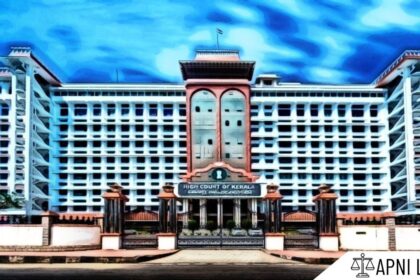Code:
When in a summons-case the accused appears or is brought before the Magistrate, the particulars of the offence of which he is accused shall be stated to him, and he shall be asked whether he pleads guilty or has any defence to make, but it shall not be necessary to frame a formal charge.
STATE AMENDMENT
Chhattisgarh
In Section 251 of the Principal Act, after the word “bought before the Magistrate” the following shall be added :–
“Or appears through the medium of electronic video linkage in the presence of his pleader in the Court”.
[Vide Chhattisgarh Act 13 of 2006, s. 6]
Explanation:
- Recording the Substance of Accusation: The Magistrate is required to record the essence of the accusation against the arrested person. This record serves as a formal statement of the charges.
- Right to Counsel: The accused person is informed of their right to legal representation. They can choose a lawyer of their choice to defend them.
- Right to a Witness: The accused is also informed of their right to have someone they trust present during the recording of their statement. This person can act as a witness and support the accused throughout the process.
Illustration:
Imagine a person is arrested for theft. The Magistrate will record the substance of the accusation, stating the alleged crime, the date, time, and place of the incident, and any other relevant details. The accused will be informed of their right to a lawyer and to have a trusted person present during the recording of their statement.
Common Questions and Answers:
Q: What happens if the accused does not have a lawyer?
- A: If the accused cannot afford a lawyer, the Magistrate will appoint a lawyer to represent them. This is called “legal aid.”
Q: Can the accused refuse to make a statement?
- A: Yes, the accused can choose not to make a statement. However, this does not mean they are admitting guilt.
Q: What happens to the recorded substance of accusation?
- A: This record becomes part of the case file and will be used throughout the legal process.








